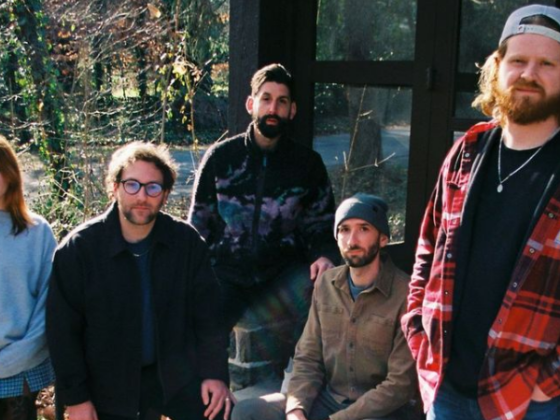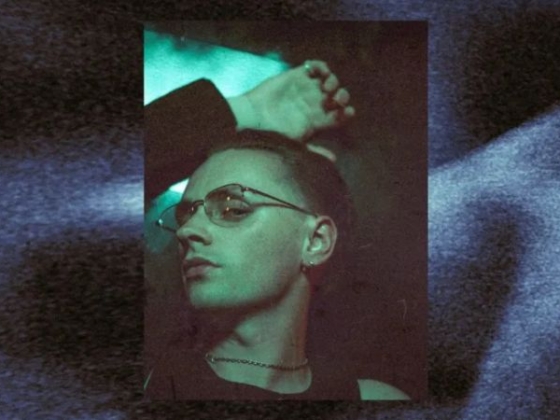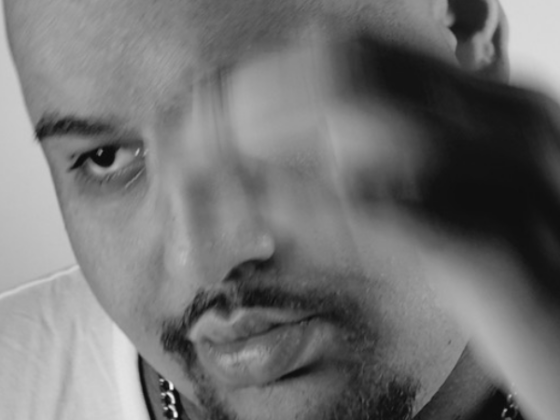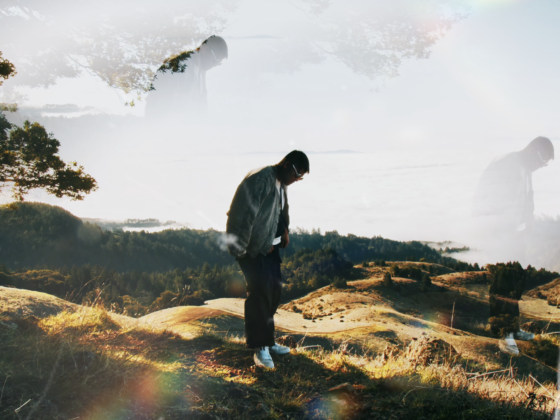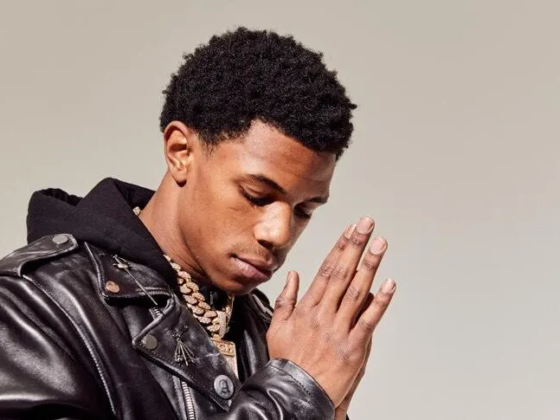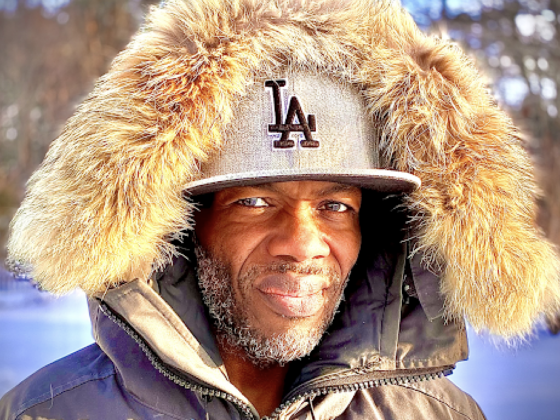Music is a funny business. For instance, you never know how much you needed a hip-hop album which serves as an ode to beat poet Bob Kaufman until it’s there. Then its becomes painfully obvious. The album in question is from underground Chicago art rap savior R.A.P. Ferreira, formerly known as milo, a project called Bob's Son: R.A.P. Ferreira in the Garden Level Cafe of the Scallops Hotel, a title so long it almost spills into the intro. Having come up through the excellent Hellfyre Club label alongside the likes of Nocando, Busdriver and Open Mike Eagle, R.A.P. Ferreira’s sound similarly leans to the left of the spectrum. R.A.P. Ferreira and Open Mike Eagle are the less abrasive counterparts to many artists in this scene, confining their weirdness to a more sedated and coolly detached style.
The poet Bob Kaufman was a peer of Ginsberg, Kerouac, Leary and those lads. He reportedly coined the term “beatnik”, performed his poetry in public despite racially motivated attacks and arrests, took a ten-year vow of silence when JFK died and received electro-shock therapy from brutal and clueless officials. His poetry used jazz syncopation and an improvised feel, and R.A.P. Ferreira takes the aesthetic, runs with it and gives it modernist update.
After a suitably far-out spoken word intro, the album kicks off proper with “the cough bomber’s return”, which sets the tone for proceedings and lays out the blueprint. Quick-witted lyrics and a sardonic flow collude with the dustiest drums, the dreamiest loop, the most oddball samples and a random seventies sitcom breakdown. The song side-eyes the world through a disillusioned haze and shakes its head at the madness, seemingly concluding that it’s the best way to deal with it all. It’s hard to dispute that. R.A.P. Ferreira does exactly what he wants on a beat, probably out of respect to Kaufman’s pioneering spirit. He effortlessly glides over the track, leaving drawn out pauses, repeating hooks, making obscure references, making the album his own. His sound wouldn’t have a problem with you liking it, but it would also be cool if you didn’t.
An early album highlight is the track “diogenes on the auction block”, in which Ferreira filters the USA’s current and historical racism, the type Bob Kaufman would have endured every day, through his own satirical lens.
“I’m the type of slave you buy if you need a new master,
I could rap the blues backwards and around myself,
Tied in the front like a karate belt”
The lethargic guitar licks and slowed down soul samples give Ferreira’s words room to breathe and circulate for maximum impact. You get the very real feeling that Ferreira’s eyebrow was perpetually raised throughout the recording, daring anyone to decode his riddles. It’s easy to think he would be happily mumbling these poems to himself on the streets of Maine, somebody just happened to push him in front of a microphone. These are all good things, if I haven’t made that clear.
Along with references to French literature, Wu Tang gets a shout on “bobby digital’s little wings” as R.A.P. Ferreira skits and scatters witticisms liberally, happy to speak now and decipher later.
“The fickle house guest giving heartfelt thanks,
Titanic sank ‘cos black people weren’t allowed on it,
How’s that for power? Spirits get hungry and credentials get devoured.”
The album closes as it opened with another spoken word piece called “abomunist manifesto”. Ferreira recites Kaufman’s poem of the same name over a twisted jazz bassline. The battle terms contained in the poem are laced with absurd humour.
“Abomunists do not look at pictures painted by presidents and unemployed prime ministers,
In times of national peril, abomunists, as reality Americans, stand ready to drink themselves to death for their country”
Bob’s Son sounds like the world passing by in the reflection of some little sunglasses nestled under a piece of flamboyant headwear. The attitude may seem laissez-faire, but this is the sound of an artist accepting his influence and expressing himself under no guidelines but his own. R.A.P. Ferreira has taken the best parts of his previous album, Purple Moonlight Pages, and refined them to the point where it sounds effortless. Lazy brushstrokes creating accidental masterworks, Kaufman's legacy is done proud through this album. The spirit of his poetry is present, mixed in with lessons learned since his death in 1986. Ferreira seems the obvious candidate to wear the ceremonial beatnik beret through the modern age, and he does so at the most jagged angle possible.
Connect with R.A.P. Ferreira: Bandcamp | Twitter | Instagram


